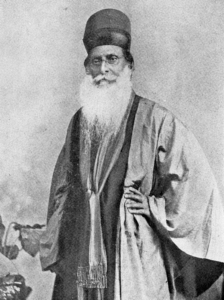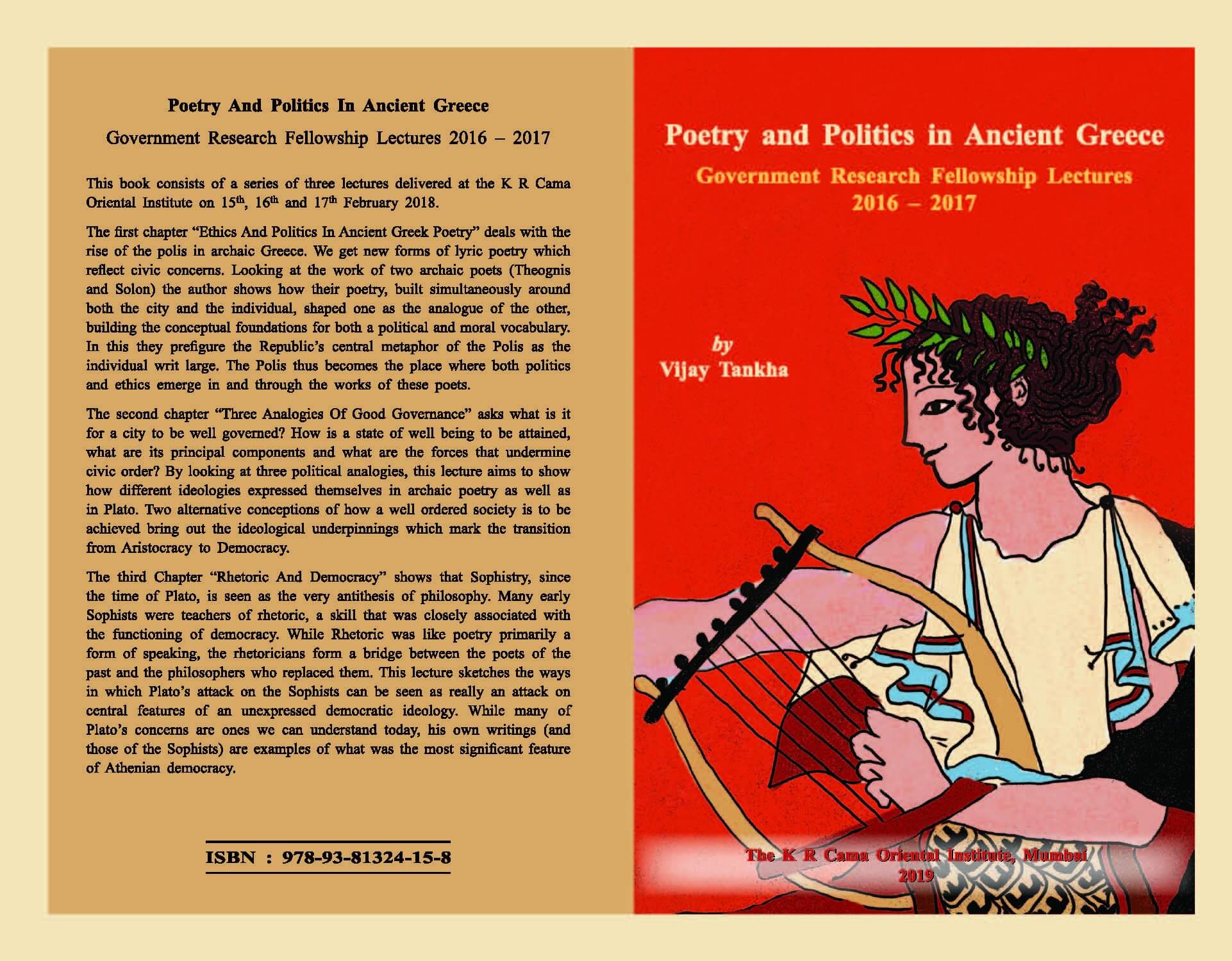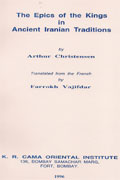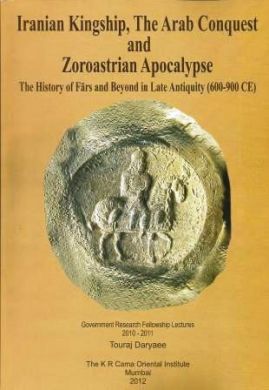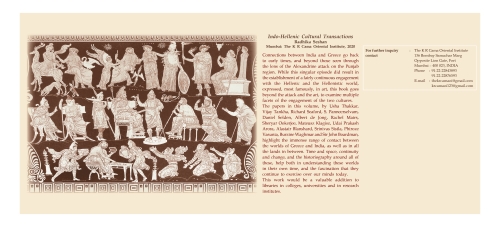Description
Poetry And Politics In Ancient Greece
Government Research Fellowship Lectures 2016 – 2017
This book consists of a series of three lectures delivered at the K R Cama Oriental Institute on 15th, 16th and 17th February 2018
The first chapter “Ethics And Politics In Ancient Greek Poetry” deals With the rise of the polis in archaic Greece we get new forms of lyric poetry which reflect civic concerns. Looking at the work of two archaic poets (Theognis and Solon) the author shows how their poetry, built simultaneously around both the city and the individual, shaped one as the analogue of the other, building the conceptual foundations for both a political and moral vocabulary. In this they prefigure the Republic’s central metaphor of the Polis as the individual writ large. The polis thus becomes the place where both politics and ethics emerge in and through the works of these poets.
The second chapter “Three Analogies Of Good Governance” answers what is it for a city to be well governed? How is such a state of well being to be attained and what are its principal components and what are the forces that undermine civic order? By looking at three political analogies, this lecture aims to show how different ideologies expressed themselves in archaic poetry as well as in Plato. Two alternative conceptions of how a well ordered society is to be achieved bring out the ideological underpinnings which mark the transition from Aristocracy to Democracy.
The third Chapter “Rhetoric And Democracy” shows that Sophistry, since the time of Plato, is seen as the very antithesis of philosophy. Many early sophists were teachers of rhetoric, a skill that was closely associated with the functioning of democracy. While Rhetoric was like poetry primarily a form of speaking, the rhetoricians form a bridge between the poets of the past and the philosophers who replaced them. This lecture sketches the ways in which Plato’s attack on the Sophists can be seen as really an attack on central features of an unexpressed democratic ideology. While many of Plato’s concerns are ones we can understand today, his own writings (and those of the sophists) are examples of what was the most significant feature of Athenian democracy.

